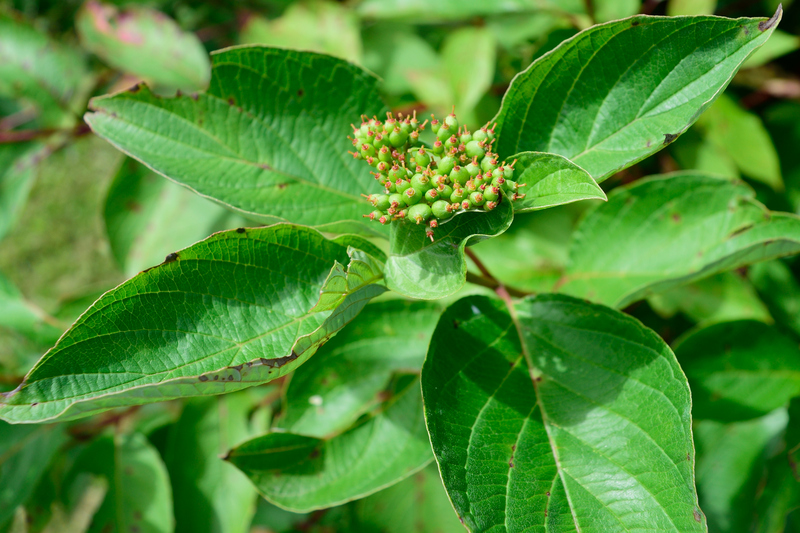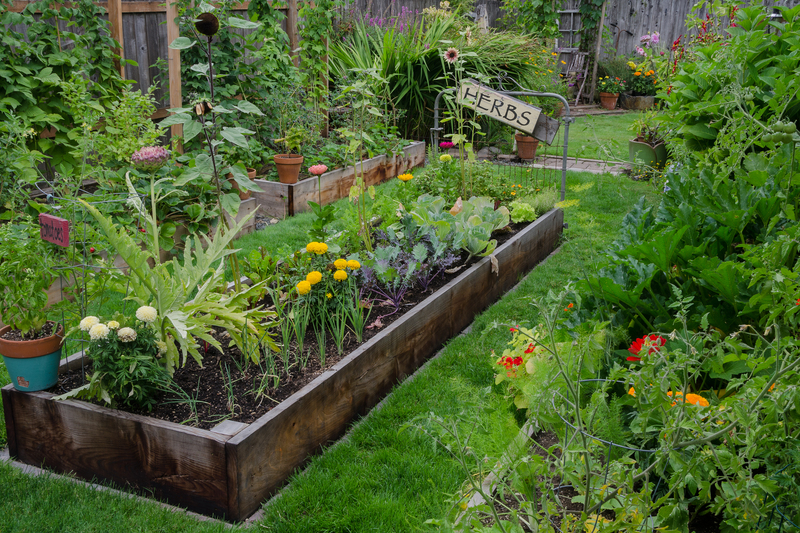Ways to Eliminate Slugs
Posted on 10/09/2024
Slugs can be a significant nuisance in the garden, causing extensive damage to various plants. Understanding their habits and devising effective strategies can help minimize their impact. Below are some tried and tested ways to eliminate slugs from your garden.
Identify the Problem
Before tackling the slug problem, it's crucial to correctly identify it. Look for slime trails, irregular holes in leaves, and slug sightings, particularly during damp conditions or early morning.

Natural Predators
Encouraging natural predators like birds, toads, and even some beetles can help keep slug populations in check. Creating a friendly environment for these predators, such as bird baths or garden ponds, will invite them to your garden.
Manual Removal
Going out at night or early in the morning to manually collect slugs can be effective. Using a flashlight, you can spot these pests and remove them. Drop them into a bucket of soapy water to ensure they don't return.
Traps and Barriers
Beer Traps
Slugs are attracted to beer. Fill shallow containers with beer and bury them up to their rims in the garden. The slugs will crawl in and drown.
Copper Tape
Copper tape acts as a natural deterrent for slugs. Place it around the rims of pots or along garden beds to keep slugs at bay. The reaction between their slime and the copper creates a mild electrical charge that repels them.
Eggshells and Coffee Grounds
Sprinkling crushed eggshells or used coffee grounds around plants can deter slugs. The rough texture makes it difficult for them to move, and coffee grounds also have the added benefit of being a soil conditioner.
Organic Solutions
Diatomaceous Earth
Diatomaceous earth is a natural, non-toxic powder made from fossilized algae. Sprinkle it around the garden; it will dehydrate and kill the slugs when they crawl over it.
Neem Oil
Neem oil is effective in repelling a variety of garden pests, including slugs. Mix it with water and spray it directly onto plants and surrounding soil.
Chemical Solutions
While not the first choice for many gardeners, chemical solutions can also be effective. Use slug pellets containing iron phosphate, which are less harmful to pets and wildlife compared to traditional chemical options.
Proper Garden Maintenance
Remove debris, fallen leaves, and other hiding spots for slugs. Keeping the garden clean reduces potential hiding spots and breeding grounds for these pests.
Watering Practices
Adjust your watering schedule to minimize the evening or night-time moisture that slugs thrive in. Watering in the morning gives the garden time to dry out by nightfall, making it less attractive to slugs.
Resistant Plants
Plant slug-resistant varieties such as lavender, rosemary, and ferns. These plants are less appealing to slugs, helping to protect more susceptible plants nearby.
Pros and Cons
Pros
- Natural methods are eco-friendly and safe for pets and wildlife.
- Manual removal and traps can provide immediate results.
- Copper tape and eggshells are long-lasting solutions.
Cons
- Manual removal is labor-intensive.
- Natural predators and organic solutions may take time to show results.
- Chemical solutions can be harmful if not used correctly.
Tips
- Regularly check for slugs during favorable conditions.
- Combine multiple methods for the best results.
- Be consistent with your efforts to prevent slug infestations.

Takeaways
Slugs can be effectively controlled through a combination of natural predators, manual removal, traps, barriers, organic solutions, and selective use of chemicals. Maintaining proper garden hygiene and choosing resistant plants can also make a significant difference.
Conclusion
Eliminating slugs from your garden requires patience and consistency. By understanding their habits and employing a variety of methods, you can significantly reduce their impact and enjoy a healthier, more vibrant garden.
Latest Posts
Inspiring Ways to Refresh Your Garden This Autumn Season
A Step by Step Guide to Keeping Artificial Grass Fresh and Spotless
Creative Planting Ideas to Design a Serene Zen Oasis







